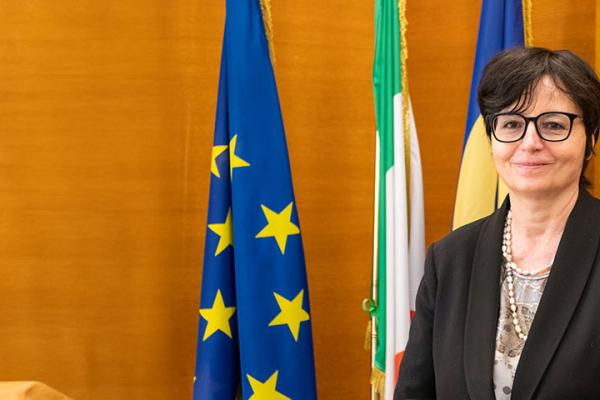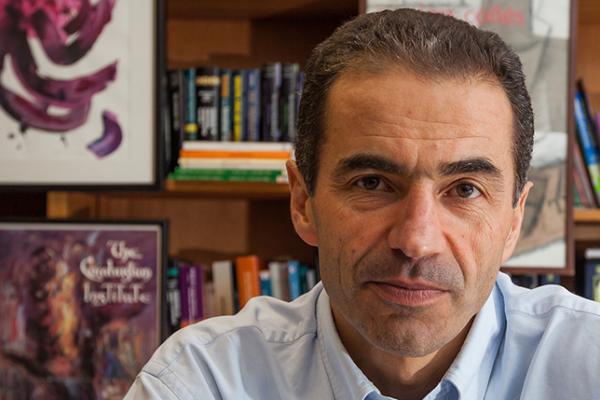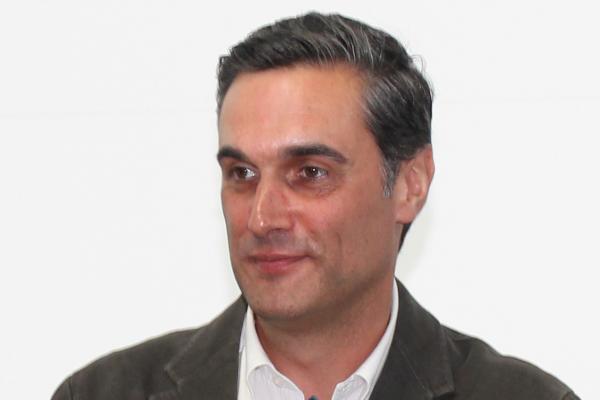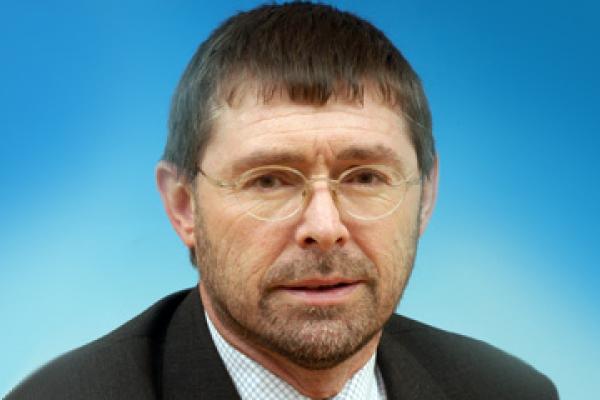The economic crisis in Europe has forced many countries to scale back financing for blue-sky research, making European Research Council (ERC) funding increasingly important, according to the ERC’s 4…
The convoying of trains could be one way to help double railway capacity and reduce carbon emissions, according to Andy Doherty, vice-chairman of the European Rail Research Advisory Council and…
Innovations such as the Hawk-Eye line calling system, high-tech rackets, strings and smart monitoring can improve the game for tennis players, referees and spectators. However, too much innovation…
Digital screens made from concrete could mean displays are integrated into the sides of buildings, and make advertising billboards resistant to vandalism, according to Bo Jacobsen, the chief…
Rethinking aircraft engines and new wing designs have the potential to cut carbon emissions and noise, as well as to boost Europe’s aerospace industry, according to Eric Dautriat, chief executive of…
If we want Europe to gain market share in developing technology for smart devices like phones and tablets, we must embrace public–private partnerships, according to Dr Andreas Wild, executive…
The idea that an athlete could change their genes to grow bigger muscles, or increase their body’s production of red blood cells, may sound like the stuff of fantasy, but halting the development of ‘…
European pilots will be able to fold away their maps and free up their radio frequency in favour of more advanced technologies to communicate their trajectories with air traffic control, said Florian…
The ability to store electricity using hydrogen could make wind and solar power a secure energy source, freeing Europe from its dependency on imported fossil fuels, according to Bert De Colvenaer,…
Climate information should be used not only to address impacts, but also to make agriculture more resource efficient and profitable, starting from regional climate services, according to Professor…














